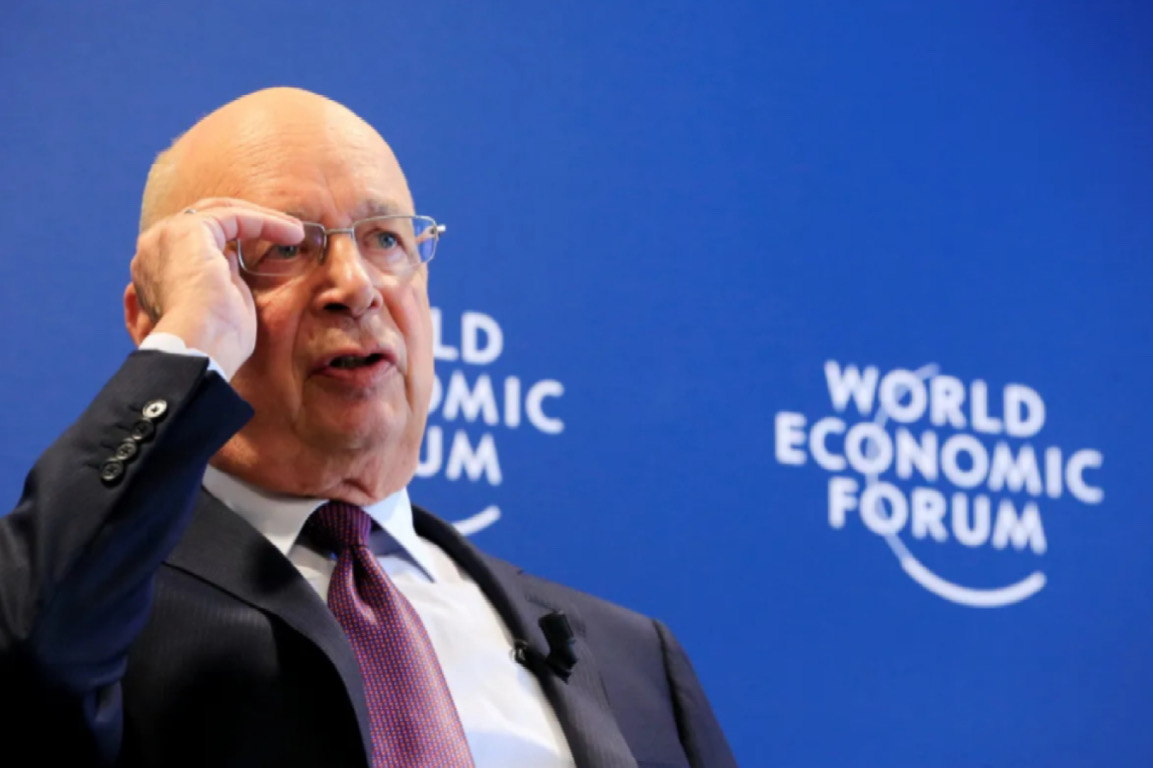Just How Close We Are to the Great Reset?

SHARE
The Basics of the Great Reset
The World Economic Forum (WEF) launched the idea of a Great Reset in May 2020, presented by Prince Charles of the United Kingdom and WEF Director, as a way to reconstruct the economy in a sustainable manner after the Covid-19 pandemic. The publication “The Corona Crisis and the Need for a Great Reset” was authored to aid people in understanding the effects of the pandemic on social and economic systems and the changes required to bring about a more equitable, robust, and sustainable world in the future.

The following fresh concepts were required to kickstart the Great Reset following COVID-19:
• Changing our mindsets can bring about change with ease.
• The greatest potential for change exists when there is greater communication between leaders and followers as well as within groups of individuals.
The Great Reset initiative of the World Economic Forum is looking for fresh perspectives on how to make the most of this special historical juncture brought about by the disruption of politics, economics, and daily life.
This could only be accomplished with the help of four crucial building blocks: mindset, metrics, incentives, and connections.
The 4 Americans Banks Collapsing in March Can Be a Catalyst for a Global Financial Crisis

Numerous factors, including the rapid and unpredictable changes in the global economy, can impact the stability of the banking sector. On March 8, Silvergate Bank was hit with a bank run, and this was followed by the closure of Signature Bank and Silicon Valley Bank by regulators. First Republic Bank’s shares lost 62 of their value by March 13, and ended up closing its doors on May 1.
Banking crises that affected the entire world in the past have occurred, such as the financial crisis of 2008. Numerous things, such as excessive risk-taking by financial institutions, regulatory flaws, and economic shocks, can lead to these kinds of crises.
Concerns about the global banking industry had grown by Sunday, March 19. In a crisis deal arranged by the Swiss government that day, Swiss bank UBS Group AG acquired its smaller rival Credit Suisse. Credit Suisse declared its highest yearly loss since the 2008 financial crisis one month before the events in the US, as customers continued to withdraw money quickly; $147 billion had been taken out in the fourth quarter of 2022. In addition, it admitted that “material weaknesses” in its financial reporting had been discovered. On March 15, Saudi National Bank, the company’s largest investor, declared that it would stop supporting Credit Suisse.

As a result of the news, its share price fell by 25%, and UBS decided to purchase the bank. Former bank chairman Axel Lehmann later attempted to attribute Credit Suisse’s bankruptcy to the failures of American banks, although other analysts disputed that claim. Years of multibillion dollar losses, scandals, managerial change, and poor business strategy have plagued the bank.
Little harm was incurred by Chinese banks. Almost all of the 166 top performers amid the market turbulence, according to Bloomberg News, were from China. The U.S. and European
banking crises brought attention to how stable the Chinese banking sector is in comparison.
The S&P 500 bank index (SPXBK) was down 14% year to date in April on expectations of weaker quarterly profitability for some US banks, despite the fact that higher interest rates allow banks to earn greater returns on loans made to customers. With the caveat that “uncertainty is high and the balance of risks has shifted firmly to the downside so long as the financial sector remains unsettled,” the International Monetary Fund cut its projection for global GDP growth in 2023 from 2.9% to 2.8% on April 11. The prediction indicated a decline from 3.4% in 2022, but growth was still expected to pick up slightly to 3.0% in 2024. Since the spring of 2022, the IMF has been lowering its projection.
Always be aware of the state of the global economy and the banking sector, and take precautions to safeguard your own finances in the event of a catastrophe. This may entail diversifying your investments, maintaining some cash in safe and liquid assets, and keeping abreast of the most recent news and changes in the financial world.
Would a Global Financial Crisis Lead to the Great Reset?

A global financial catastrophe could undoubtedly set the stage for such a reset, but whether it would actually happen depends on a number of variables. The way that global institutions and governments handled the crisis is one important determinant. It might be feasible to prevent the need for a complete reset if they are able to successfully manage the crisis and put policies in place that deal with its root causes.
On the other hand, a Great Reset could happen if the crisis is severe enough and the solution is insufficient or inefficient. This might occur if the general public and decision-makers agree that the current economic system needs to be fundamentally changed because it cannot be sustained.
The severity of the financial crisis, how the international institutions react, and the extent of popular support for more fundamental economic reform will all play a role in determining whether or not a Great Reset occurs.
*Cover Photo/Thumbnail Photo taken by Pierre Albuoy / Reuters
RELATED ARTICLES

‘Gift of Fortune’ Chinese New Year Stay Package

Pastors Speak as Darkness Comes to Light

James Van Der Beek’s Last Words: Worthy of God’s Love

Our Pledge to You: Optimal comfort, Convenience, and Flexibility








